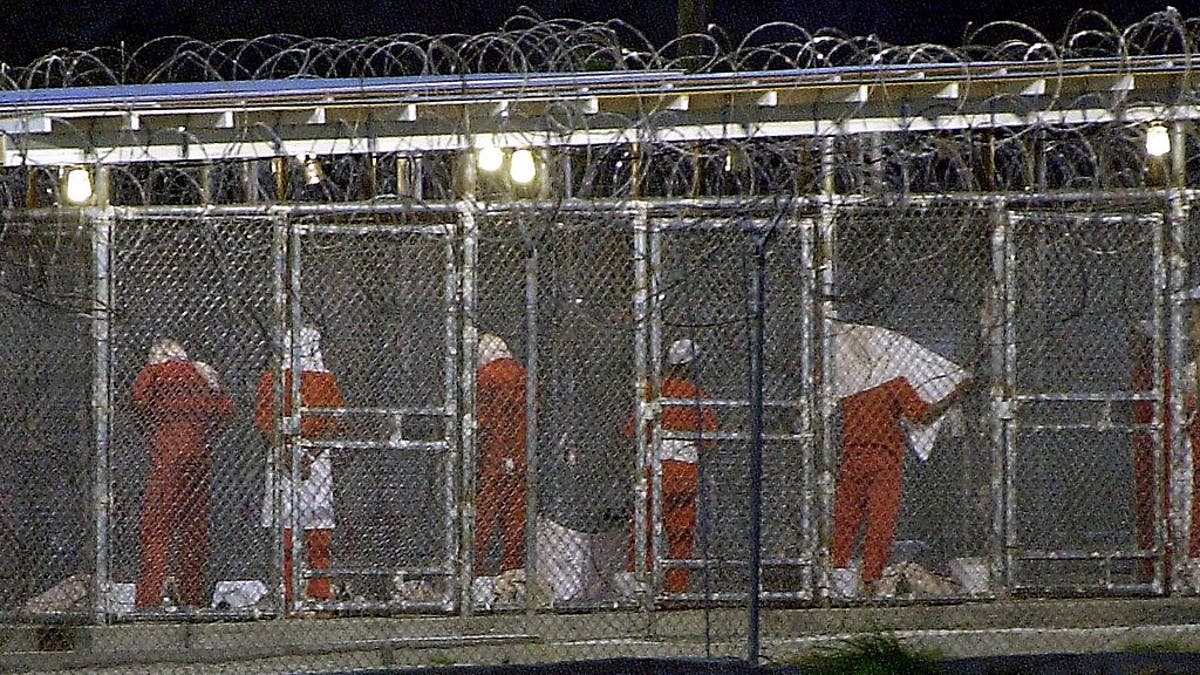Two Pakistani brothers were released from the Guantánamo Bay military prison Thursday after two decades in custody with no charges, the Department of Defense announced.
Abdul Rabbani and Mohammed Rabbani, who were sent back to their home country, were the latest detainees to be released from the prison as the U.S. moves toward emptying and shutting it down.
The brothers were transferred to U.S. custody after Pakistani officials arrested them in their home city of Karachi in 2002. After about a year and a half in CIA custody, they were moved to the detention center in 2004.
They were accused of helping al-Qaida members with housing and other lower-level logistical support, according to The Associated Press, though they were never charged with a crime.
GUANTANAMO BAY’S OLDEST PRISONER FREED, RETURNS TO PAKISTAN
The brothers’ repatriation was announced in a news release on Thursday. Information on conditions set by Pakistan regarding their return was not immediately available, but the DoD said the agreement was finalized on Jan. 18.
“The United States appreciates the willingness of the Government of Pakistan and other partners to support ongoing U.S. efforts focused on responsibly reducing the detainee population and ultimately closing the Guantánamo Bay facility,” the DoD said in a statement.
The two men claimed they were tortured while in CIA custody before their transfer to the facility.
U.S. military records describe the pair as providing little intelligence of value or recanting statements made during interrogations on the grounds they were obtained by physical abuse, the AP reported.
GUANTANAMO BAY DETAINEE MAJID KHAN RESETTLED TO BELIZE
The prison was set up at a naval base in Cuba under the administration of former President George W. Bush following the terrorist attacks of Sept. 11, 2001. Guantánamo Bay served as the general facility for extremists the U.S. considered to be terrorists.
At its peak in 2003, approximately 600 people were in custody at the controversial prison.
Supporters of the facility believed it prevented terrorist attacks while critics claimed it subverted human and constitutional rights, and undermined America’s standing abroad.
As of Thursday, the DoD said 32 detainees remain at Guantánamo Bay – 18 of whom are eligible for transfer if there are any stable third-party counties that will take them.
Three are eligible for a periodic review board, nine are defendants in the military commissions process and the remaining two have been convicted in military commissions.
The Associated Press contributed to this report










